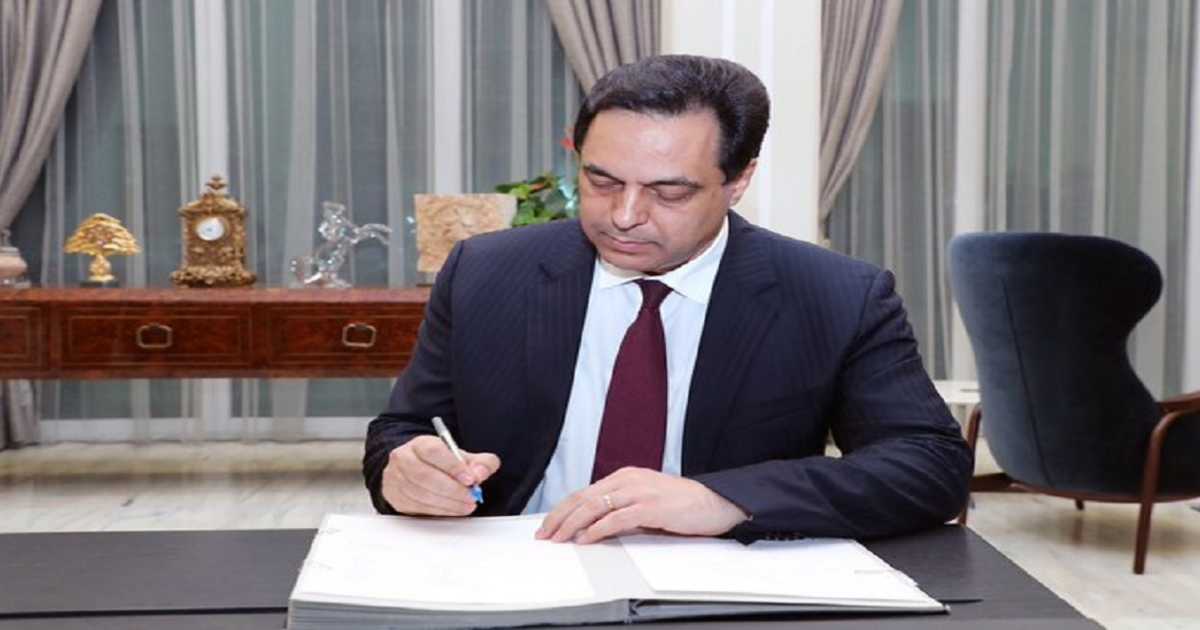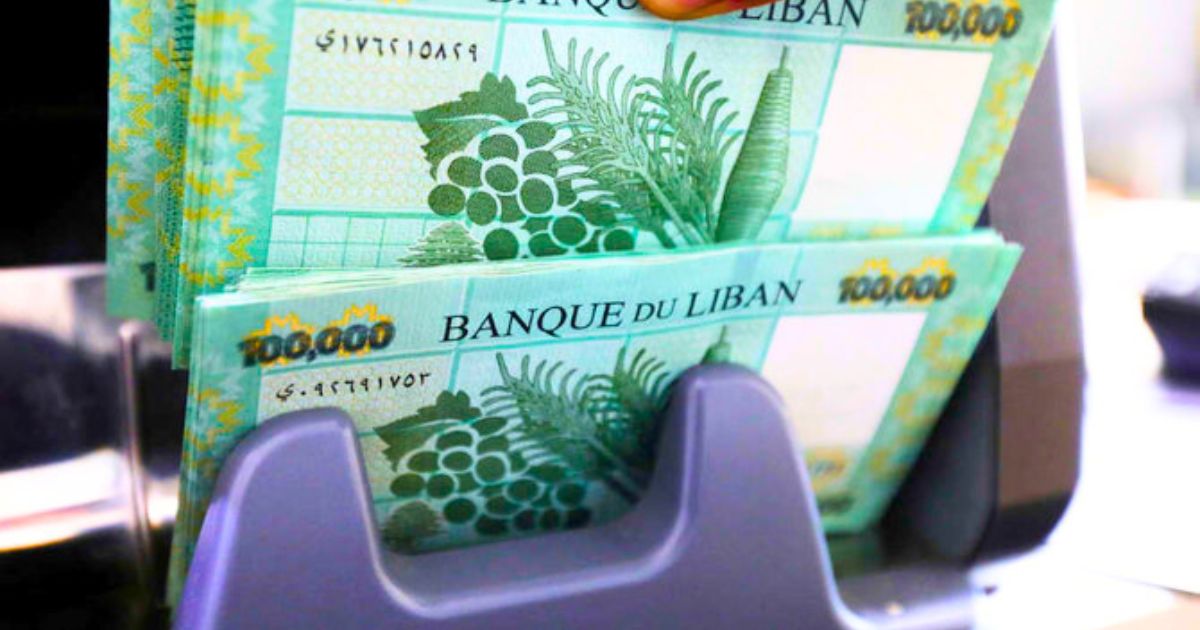Prime Minister Hassan Diab arrived at the Presidential Palace in Baabda around 8:00 pm on Tuesday, January 21st, to meet with President Michel Aoun and Speaker of Parliament Nabih Berri, and announce the formation of a rescue government.
The first meeting of the new government will be held tomorrow, Wednesday, January 22 at 11:00 am at the Presidential Palace.
The memorial photo will precede the meeting of the government and will be taken at 10:30 am.
The government will not be official before it gains the trust of the majority of the Parliament Council, which will hold a meeting next week to give (or not give) the new government trust.
Speaker of Parliament Nabih Berri confirmed that the budget session of 2020 will be held on Monday, January 27, with the members of the new government before it is given trust later the same week by the Parliament.
Even if it does not gain trust, it will operate as a caretaker government until another government is formed.
PM Hassan Diab addressed the Lebanese people in his speech, “On October 17, the Lebanese people took to the streets to chant against those who wanted to kill their dreams and for a justice state protected by law that does not discriminate citizens from those in power.”
“They carried their flags and united the nation and broke all the barriers between areas across Lebanon.” PM Diab continued, “They stalled political investment and tore down the walls of the prison that was holding their ambitions. This revolution drew new features for Lebanon, a modern Lebanon.”
PM Diab explained that this new government is a government of one color, as it is the government of Lebanon as one.
“It consists of specialists with competencies, and it has a balanced representation of women. We have the capabilities to continue and we have our wealth, and we will protect and defend our right to it by all means.”
He also insisted that even though some of the names were affiliated or chosen by political parties, these names will represent the Lebanese people more than their political parties with their competency and qualifications.
PM Diab also promised the Lebanese people that the work of his cabinet will be strictly technocratic and will not be politically affected.
He also confirmed that the government and its work were chosen according to high standards.
The list of the names of the candidates chosen for the formation of a rescue government are:
- Prime Minister: Dr. Hassan Diab.
- Finance: Economist Dr. Ghazi Wazni.
- External Affairs: Dr. Nassif Hitti; former representative of League of Arab States.
- Interior and Municipalities: Brig. General Mohammad Fahmi.
- Defense: Zeina Akar Adra, also chosen as the Deputy Prime Minister.
- Energy and Water: Raymond Ghajar; Professor of Electrical Engineering at LAU, also said to be a former Dean of Faculty of Engineering at LAU.
- Economy and Trade: Raoul Nehmeh, Executive General Manager at Bankmed.
- Justice: Dr. Marie Claude Najm; Director of Center of Legal Studies and Research for the Arab World in USJ.
- Environment: Economist Dr. Demianos Kattar.
- Public Works and Transportation: Dr. Michel Hajjar, Ph.D. in engineering.
- Social Affairs and Tourism: Dr. Ramzi Msharrafiyeh.
- Information: Dr. Manal Abed Al-Samad, head of the VAT Legislation and Tax Policies Department.
- Telecommunication: Engineer Talal Hawat.
- Education: Judge Tarek Majzoub, Judge at State Shura Council.
- Labor: Engineer Lamia Yammine Douaihy.
- Housing: Ghada Shreim, Professor at Lebanese University.
- Public Health: Mohammad Hassan, Head of the Department of Laboratory Sciences at the Lebanese University- Faculty of Public Health.
- Agriculture and Culture: Abbas Mortada.
- Industry: Imad Hoballah, Dean of American University in Dubai.
- Youth and Sports: Varti Ohanian, founder of the Association of the Lebanese Armenian workers Zvartnotz center.

















